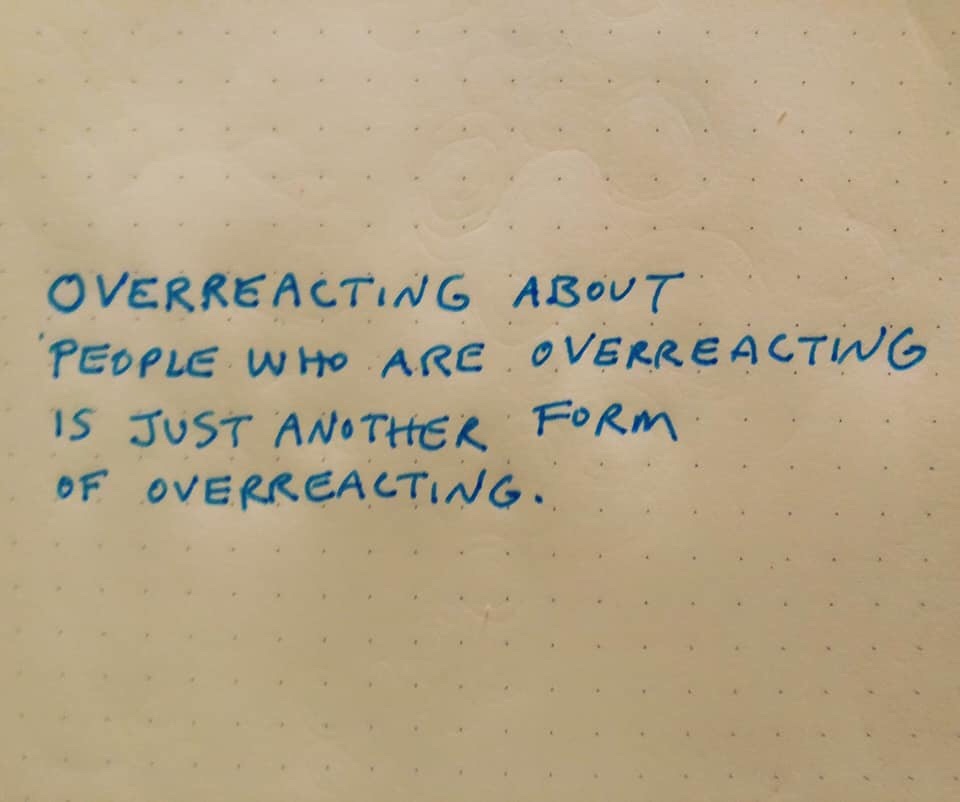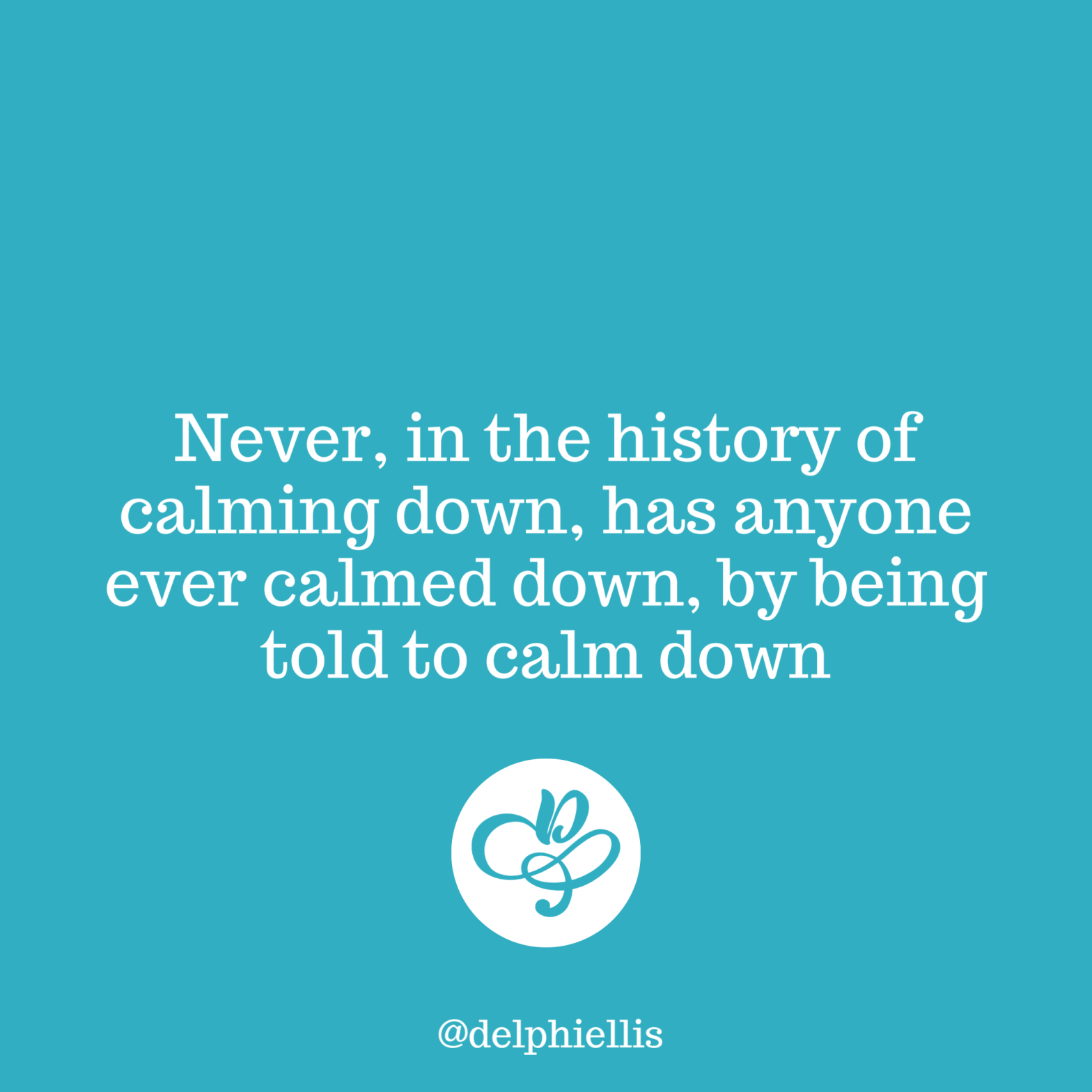People are making a lot of assumptions right now, and our response to the pandemic is saying a lot about who we are both individually and as a society.
The phrase “panic buying” has been used a lot, and the actions of many are causing great frustration to some.
So I’ve offered some thoughts on the bigger picture aligned with those who understand emerging norms and how in my view this term isn’t helpful, especially in the subject of mental health. This isn’t about “political correctness”, it’s a wider discussion which is aware of how what we do and say now, will have an impact once the pandemic is over.
When someone is feeling panic, yelling at them that they should stop “panic” buying will not, in fact, get them to stop “panic” buying. Otherwise they would have stopped by now.
It’s like telling someone to “chill out” when they’re in the midst of a panic attack, or to cheer up when they’re feeling sad. It just doesn’t work.
For me, the word “panic” is key here.

What seems logical to someone when they’re calm and thinking straight, won’t make sense to someone in a fear-based reactive pattern.
When someone is in fight or flight they are concerned for their very survival. When feeling under threat, people will resort to behaviours that don’t seem rational to someone who is feeling calm. Fear can drive us to do things that don’t make sense, and when the dust settles we may look back and wonder (or regret) why we did it.
So when talking to someone who you think may be suffering with panic, help them by reducing the fear behind it. Firstly let them see you’re not a threat.
One way to do this is to remain calm. To show you understand. To reach out in a helpful, non-judgemental way. Explain compassionately that you get it – you can see that they might be scared. And tell them it will pass.
As opposed to shouting, telling people off, saying they’re “over-reacting” – we know this is not effective.
It may also help to remember that if someone is upset by the stockpiling, they may also be fearful for their survival, just in a different way.
Just as someone may be stockpiling to feel safer, those who are upset by it may be fearful there won’t be enough for all of us if this continues.
So maybe what we need right now is understanding. Showing compassion. Listening. Remembering we are all in this together. See the bigger picture.

Recognise our fear and managing anxiety when we are feeling it. (Here is a guided meditation for difficult times that might help).
For me, a path forward is to communicate effectively (this includes governments and politicians), so that everyone feels heard. Let people feel their fears and share them, to know they are being listened to and reassured where possible.
What we do now – particularly how we respond when others are struggling – can show who we are, and it will be remembered once the pandemic is over.
An added note: some of the people stock piling are not in fact “panic” buying. They are unethically buying up (for example) baby milk and anti-bac, so they can sell it on eBay for a profit. And they will get found out. So the word “panic” is not appropriate here either and we should be careful how we use it. Especially if we risk putting people in a box that’s aligned with something they’re not.
What we do now – particularly how we respond when others are struggling – can show who we are, and it will be remembered once the pandemic is over.
So please if you can stop using the phrase “panic buying”, especially if you know people who suffer with panic attacks. By using the word panic so unhelpfully, we are not helping the conversation on mental health. If we need to refer to it, we could just use the term stock piling instead.
That’s what I think.
©️ Delphi Ellis 2020
